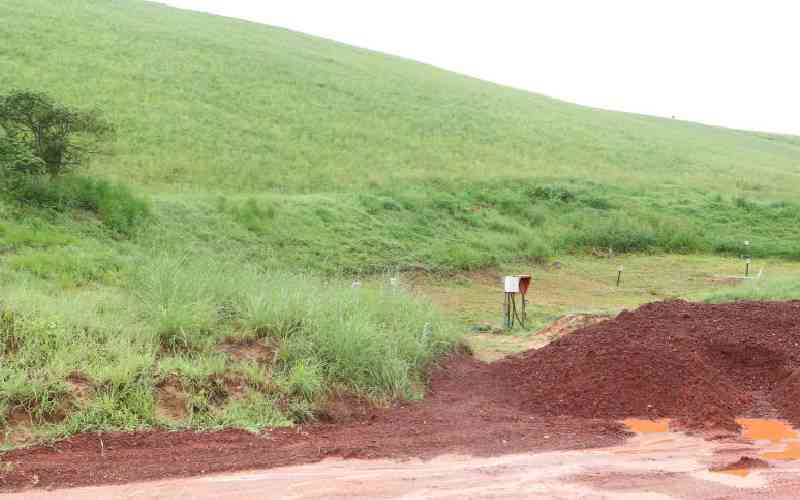×
The Standard e-Paper
Fearless, Trusted News

In light of recurring droughts and food crises, Kenya's approach to land management requires urgent reconsideration. Our history with colonial rule offers illuminating, albeit harsh, lessons.
Under the colonial British rule, the concept of 'villagisation' was introduced during the State of Emergency in 1953. The colonial government, aiming to cut off supplies to freedom fighters in the forest, uprooted people from their homes and moved them into tightly guarded villages.